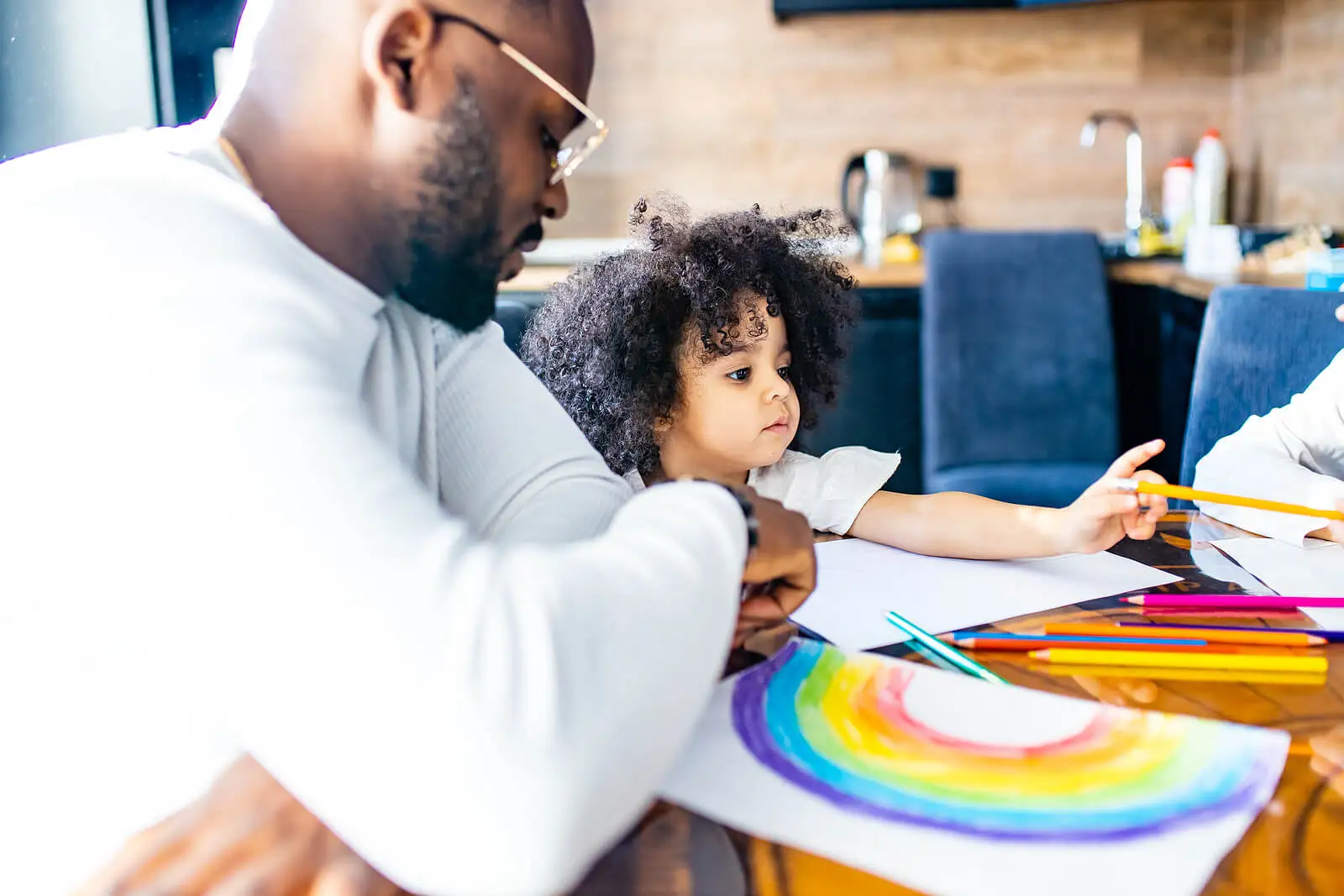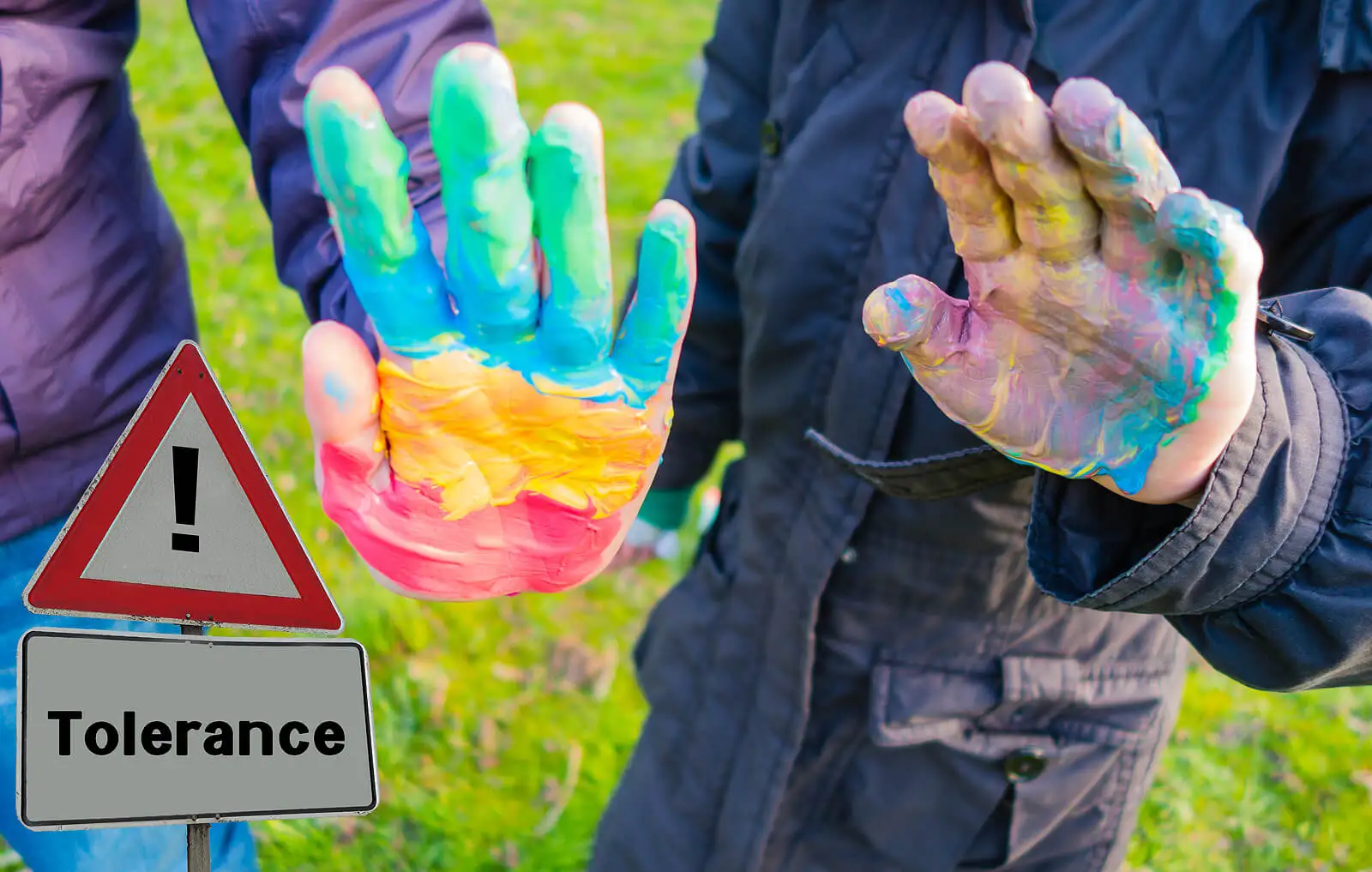How to Educate Children and Young People to Prevent Homophobia

Educating children and young people to prevent homophobia is one of the most effective ways to contribute to solving a problem that is still very present in society. Although we have made progress in terms of making sexual diversity visible and respecting human rights, there´s still much to be done.
Unfortunately, homophobic aggression, discrimination, and prejudice are still present in society and cause serious psychological damage to the victims. Hence the importance of reversing it. The truth is that children surprise us by the ease with which they naturally understand, assume and respect differences.
However, cultural, social and family influences can impregnate them with stereotypes and erroneous beliefs that will later be reflected in homophobic attitudes. How can this be avoided? Here are some recommendations.
Why educate children and young people to prevent homophobia?
Some people often make the mistake of assuming that sexual diversity is such a normalized issue that there is no need to address it. However, the data reflect the opposite. Currently, 69 countries in the world criminalize homosexuality.
And to cite another example, in Spain, for instance, assaults and hate crimes have increased considerably in recent years. That said, homophobia can cost many people their lives in some parts of the world.
In others, it exposes them to constant harassment, discrimination and exclusion. This can greatly affect their emotional health, leading to anxiety disorders, depression, substance abuse and even suicidal ideation.
Among other things, prejudice can lead to cases of internalized homophobia, which leads those with a different sexual orientation to hide, repress their feelings and develop emotions of stress, shame, guilt, low self-esteem, and emotional exhaustion.

How to educate children to prevent homophobia
Educating young people in respect and tolerance is fundamental to prevent them from suffering the above consequences, contributing them them, or even experiencing them in their daily lives.
Despite the fact that awareness and homophobia prevention campaigns are already being carried out in schools, the reality is that the role of families is fundamental. It is at home where values are instilled with a greater impact. Thus, there are several measures that can be implemented.
Diversity education is key to prevent homophobia
Society seeks homogeneity in all senses and pressures people to adapt to certain canons and norms. Therefore, the first step is to help children recognize and value diversity to understand that we´re all different but equally valuable.
In order to prevent homophobia, it´s necessary to normalize the diversity of sexual orientations and identities so that children can get to know and understand them.
Homosexual, bisexual, transgender, heterosexual, etc… these are all concepts that we can help children become familiar with and understand as legitimate ways of being and feeling.
We think you may also like to read this article: Family Support for Transgender People is Key
Homophobia awareness
A second fundamental step involves making them aware of what homophobia is, how it manifests itself, and what repercussions it has. It´s not just about physical aggression, insults or humiliation and it´s not just about hatred or overt rejection.
There are more subtle, but equally harmful, expressions that they should be aware of and identify as such, for example, the following:
- Prejudices and stereotypes that label people. For example: “all homosexuals are effeminate or promiscuous.”
- Fear or refusal to relate to homosexual people.
- “Teasing” that denotes contempt or disrespect.
- Negative attitudes of any kind towards people with sexual orientations different from the norm.
- Erroneous beliefs, such as stating that homosexuality is a disease or is a choice.
Promote respect and empathy
Apart from spreading correct information, it is key to teach children to respect any human being, regardless of their sexual identity or orientation. However, to do this, it´s necessary to promote empathy.
If we encourage children and young people to put themselves in the shoes of others, it will be easier for them to understand their experiences and act humanely. Sometimes they may not be aware of the harm caused by homophobia and how their attitudes can impact the lives of others.
There are several ways to encourage this empathy, from commenting on news about homophobic aggressions, to reading stories about it or watching films on the subject as a family. Everything will depend on the age of the child. Video games, reading, and immersive audiovisual experiences are also a good resource.
Set an example of tolerance to prevent homophobia
Finally, we can´t forget that nothing teaches more than example, and that the attitudes of their parents will have the greatest influence on the child, especially during their formative years.
Therefore, it´s important that both parents are open, tolerant and respectful, and not only with people outside the family nucleus, but also with their own children.
For example, they can do this allowing them to choose their clothes and haircut, their toys and the games in which they want to spend their time without labeling and without forcing certain attitudes. This openness and respect for their freedom will be the best way to transmit these values.
Like his article? You may also like to read: 5 Recommendations to Treat Disabled People with Respect

Preventing homophobia can save lives
In summary, it is worth remembering that values education is as important as teaching children to read or write. That said, it deserves time and dedication.
Conveying empathy and respect for diversity to children helps to avoid emotional problems in the future. In addition, it favors the construction of a more open, healthy, and tolerant society.
All cited sources were thoroughly reviewed by our team to ensure their quality, reliability, currency, and validity. The bibliography of this article was considered reliable and of academic or scientific accuracy.
- Ministerio del Interior, Gobierno de España. (2022). Informe sobre la evolución de los delitos de odio en España 2021. Disponible en: https://www.interior.gob.es/opencms/export/sites/default/.galleries/galeria-de-prensa/documentos-y-multimedia/balances-e-informes/2021/INFORME-EVOLUCION-DELITOS-DE-ODIO-VDEF.pdf
- Pérez, A. M. (2014). Consecuencias del bullying homofóbico retrospectivo y los factores psicosociales en el bienestar psicológico de sujetos LGB. Revista de Investigación Educativa, 32(1), 255-271.
- Rzondzinski, M. (2017). Subjetividades transgresoras y homofobia internalizada. Perspectivas, 9(1), 45-52. https://revistas.unicomfacauca.edu.co/ojs/index.php/Perspectives/article/view/131
This text is provided for informational purposes only and does not replace consultation with a professional. If in doubt, consult your specialist.









